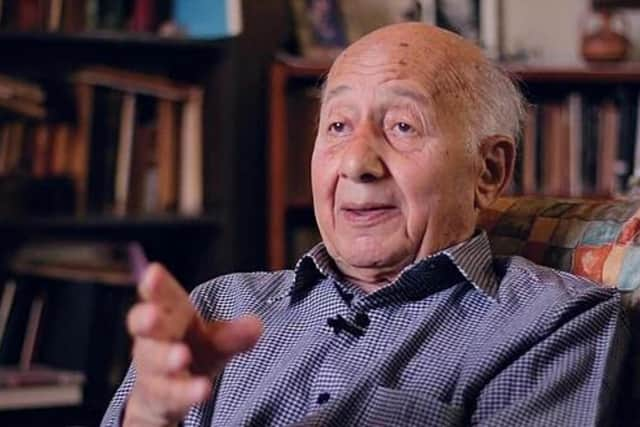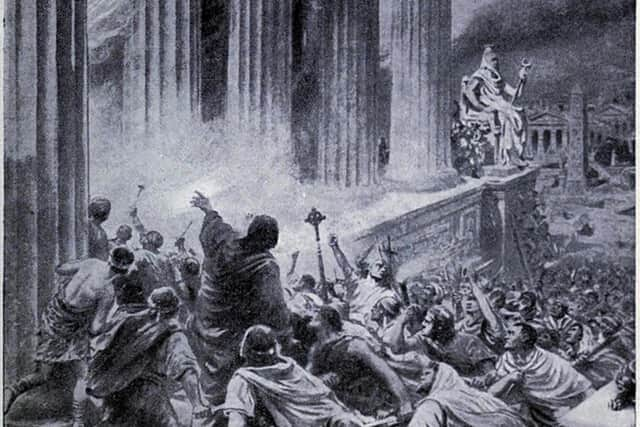Mostafa El-Abbadi: Who is today’s Google Doodle? Historian who campaigned for Library of Alexandria’s revival
Mostafa El-Abbadi, a leading historian and professor from Egypt, was born on this day (October 10) in 1928 in Cairo.
Today’s Google Doodle: Who is Mostafa El-Abbadi?
On this day (October 10) in 1928 Mostafa El-Abbadi was born in Cairo, Egypt.


Advertisement
Hide AdAdvertisement
Hide AdHis interests in academia were nurtured from a young age as his father was the founder of the College of Letters and Arts at the University of Alexandria.
At 22, El-Abbadi graduated with honours from this university and the Egyptian government granted him a scholarship to attend the University of Cambridge where he studied under leading historians while earning his doctorate in ancient history.
He returned to the University of Alexandria where he became a lecturer and later a professor in Greco-Roman studies.
Why is Mostafa El-Abbadi famous?


El-Abbadi pursued his passion as a researcher for ancient Egypt with a particular interest in the Library of Alexandria.
According to WorldHistory.Org, the original building in Egypt was "the largest library in the ancient world” containing works from the likes of Plato and Socrates but was destroyed around 2000 years ago during Julius Caesar's war.
Thousands of precious manuscripts and scholarly resources are thought to have been lost as a result with historians calling the razing of the Library of Alexandria a ‘catastrophic’ loss.
However, El-Abbadi was the visionary behind the rebuilding of this library and he started this project in the late 80’s.
In collaboration with the Egyptian government, UNESCO and other organisations, the revival project took 15 years to complete but resulted in a new Library of Alexandria with over 8 million books spread over its seven floors.
Advertisement
Hide AdAdvertisement
Hide AdAs a renowned historian and Egyptologist, El-Abbadi is also famous for delivering lectures around the world.
What happened to the Library of Alexandria?
The Library of Alexandria, founded in 283 BC, is considered by some historians as “the loss of the ancient world’s single greatest archive of knowledge”, according to eHistory.Edu.
Estimates suggest that at one time the library held over half a million documents from Persia, Greece, India and many other nations.
Although some debate exists as to who is responsible, it is Julius Caesar himself who is most often blamed for the library’s destruction.
Around 2000 years ago, Caesar - after being cut off by an Egyptian fleet at Alexandria - ordered the ships in the harbour to be set on fire.
The fire successfully destroyed the Egyptian fleet but it also burned down the part of the city where the Library of Alexandria stood.
When did Mostafa El-Abbadi die?
Mostafa El-Abbadi, the man behind the revival of the Great Library of Alexandria, died at 88 years of age on February 13 in 2017.
According to his daughter, Dr. Mohga El-Abbadi, this was due to a heart failure.
Comments
Want to join the conversation? Please or to comment on this article.
